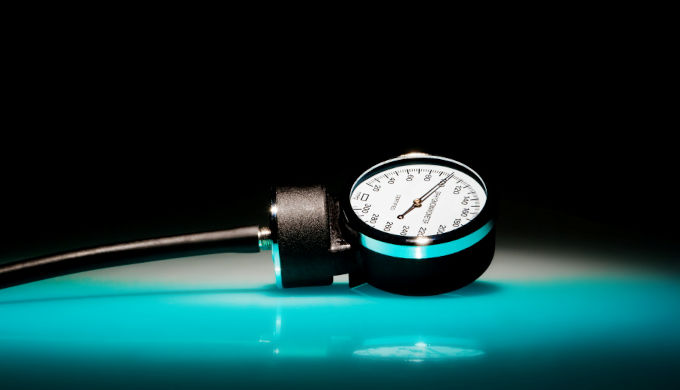Author: Hannah Kitt
medwireNews: Research has revealed factors associated with complete remission in patients with systemic lupus erythematosus (SLE), including lack of renal involvement and antiphospholipid syndrome, White ethnicity, and older age at diagnosis.
The investigators also found that people who did not achieve any sustained remission had a higher risk for early mortality than those who did.
As reported in Rheumatology, they reviewed the medical records of 564 patients with SLE who attended a UK Lupus Clinic for at least 3 years between 1978 and 2019 (median follow-up 12 years, maximum 41 years).
In total, 15% of patients achieved complete remission lasting at least 3 years and 11% achieved sustained complete remission, lasting at least 5 years, where complete remission was defined as no clinical activity on the BILAG score, no serologic activity, and no use of steroids or immunosuppressant drugs.
A further 7% achieved serologically active, clinically quiescent disease, defined as serologic activity but no clinical activity and no pharmacotherapy, while 15% had serologic remission, that is, persistent clinical activity but no serologic activity. All measures required criteria to be met for a minimum of 3 years.
The remaining 63% of patients did not achieve remission and were significantly more likely to die earlier than those who did. Indeed, at all timepoints, a greater proportion of those who achieved complete remission were alive than those did not achieve remission: 100% versus 96% at 5 years; 100% versus 93% at 10 years; 94% versus 77% at 20 years; and 90% versus 58% at 30 years.
Fifty-five of the 65 deaths recorded over the study period occurred in people without sustained remission, and the main causes of death were infection, cancer, and cardiovascular events, with respective overall rates of 31%, 22%, and 14%.
The researchers also looked at predictors of complete remission lasting at least 3 years, finding that patients with no concomitant antiphospholipid syndrome had a significant 4.92-times increased chance of achieving it.
Lack of renal involvement, White ethnicity, and age at diagnosis of more than 32 years were all also associated with a significantly greater likelihood of achieving complete remission, at hazard ratios of 2.55, 2.16, and 1.92, respectively.
David Isenberg (University College London, UK) and colleagues note that the same factors were significantly and independently associated with sustained complete remission of 5 years or more.
These findings “allow rheumatologists looking after patients with SLE to be confident that a full and sustained remission and good long-term survival (90% at 30 years in our cohort) can be achieved,” they say.
“Currently, however, the former is only evident in about one patient in six.”
medwireNews is an independent medical news service provided by Springer Healthcare Ltd. © 2022 Springer Healthcare Ltd, part of the Springer Nature Group









